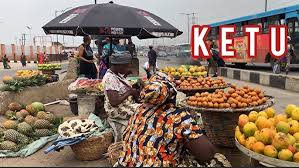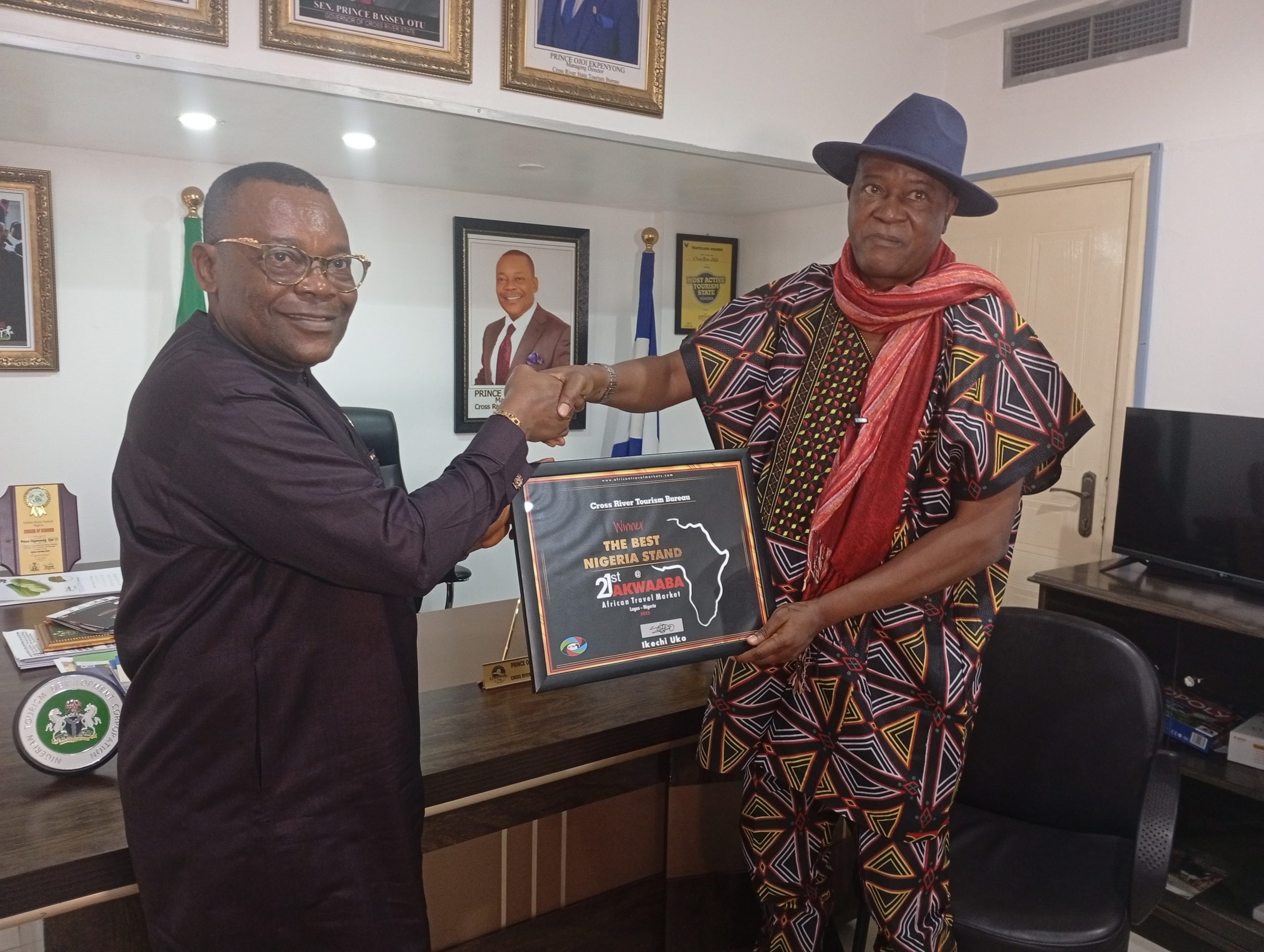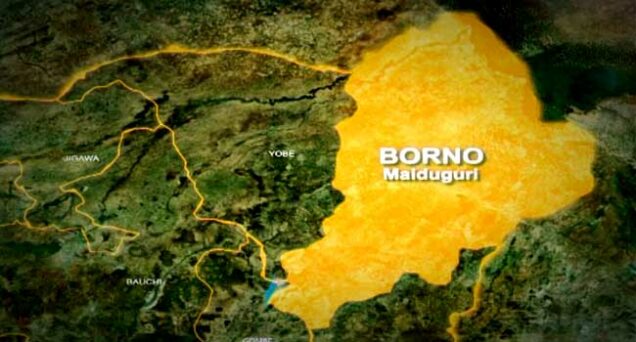Lagos State has unveiled plans to generate electricity using organic waste, a mountainous by-product that has long posed a daunting challenge in the Ketu-Ikosi fruit market.
Dr Olumuyiwa Gbadegesin, Managing Director of the Lagos Waste Management Authority (LAWMA), made this announcement at the 2025 Yearly Lecture and Awards hosted by the Property & Environment Writers Association of Nigeria (PEWAN) in Ikeja.
Gbadegesin painted a vivid picture of this change, focusing on a place as vital and vibrant as the city itself: the Ketu-Ikosi fruit market.
“We are going to have power supply to the market,” he declared, his words carrying the weight of a promise.
“Mainly to the loading bay. And we are going to be providing 29 megawatts of electricity in this market using the same residual food/fruit waste that we think is waste, to produce this energy.”
He pointed to the towering piles of discarded fruit peels, wilting leaves, and vegetable offcuts, not with dismay but with a blueprint for a clean, sustainable future. He spoke of the biodigester, a dormant giant on the premises waiting to be fed, explaining how every piece of organic waste sorted could become fuel.
His vision is a new reality where what was once discarded becomes a source of power. He addressed not just officials but the very people who would make this transformation happen—the market traders.
“We want to sensitise the market people about the source of fruit, so that they can become advocates of change themselves,” he urged. “From research we know that fruit waste can actually generate biogas and compost for farming. Here at the Ketu-Ikosi fruit market, we have a biodigester that has not been utilised. We want a situation where the market people themselves can begin to segregate their waste into a kind of waste that can feed into the biodigester. With this, they can produce electricity as well as cooking gas from their organic waste. This is not just a plan for a market; it is a blueprint for a new way of life.”
Gbadegesin urged traders to take ownership of their environment, emphasising that the transformation would be driven from the ground up. “Traders can begin to tap into the biogas initiative for cooking and also the CNG experience for the activities they embark on. We are here to urge the fruit traders to begin segregating and sorting their waste right from the source of generation. It does not have to end up at the dumpsite,” he added.
He also pinpointed public behaviour as the most significant challenge. “Our own is our own behaviour,” he said, citing a widespread “inability to understand” the inherent value in waste. He criticised the habit of residents dumping refuse on roadsides and in drains, a practice that creates unsanitary conditions and environmental risks.
Gbadegesin affirmed that LAWMA is investing in new infrastructure to support waste sorting and is working to convince residents to see the economic potential in their refuse.
Echoing this, Dr Babatunde Ajayi, General Manager of the Lagos State Environmental Protection Agency (LASEPA), said waste management is fundamental to the entire THEMES+ Agenda, influencing traffic, health, education, and tourism. He called for “sustained political backing” for the state’s Transfer and Recovery Programme and urged a strong partnership with the media to spread the message.
To foster cooperation, Ajayi promised “digital transparency,” including a publicly accessible dashboard to reconcile billing and verify services. He concluded that the partnership between government and the media is the “missing link” needed to transform Lagos into a 21st-century






